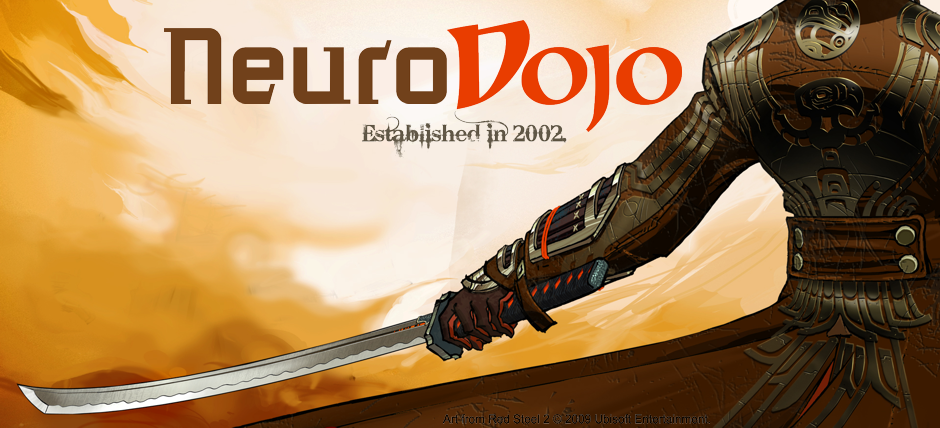It’s all very festive and season and everyone is playing off the Santa theme.
My reaction was more like this:
The H.E.B. donation creates a possible conflict of interest for UTRGV researchers.
Let’s start by stipulating that where money for research comes from matters. There is a large body of research on this. Ben Goldacre has documented a lot about the relationship between corporate funding and research results in his book, Bad Pharma. Here's a soundbite that is close to the bottom line (emphasis added):
(I)ndustry-funded trials are four times more likely to give a positive result than independently sponsored trials.
Given that the source of research funding can affect what results are ultimately published, what are possible problems here?
H.E.B. is part of the food industry. They don’t just distribute and sell other people’s food, either: they have their own in-house brands. This means they have vested interests in research results on diabetes and obesity. What they make, what they sell, and how their stores are laid out (their checkout isles are loaded with soft drinks and chocolate bars), all have implications both for their profitability and for public health, as this paper notes:
Retail food environments are considered influential in determining dietary behaviours and health outcomes.
On the surface, it’s hard to tell if this donation was made because H.E.B. wants to be on the right side of this issue, or whether it’s a public relations whitewash that is cheaper than actually changing their business practices in the service of public health.
Even if the donation was given in good faith, the H.E.B. donation may strongly influence the kind of research questions that the Institute can ask.
The South Texas Diabetes and Obesity Institute hasn’t published any research yet, but a research team has been recruited. It’s to be led by Sarah Williams-Blangero, whose CV lists her research interests as genetic epidemiology, infectious diseases (which diabetes is not), genetic management, and nonhuman primate genetics.
“Diabetes” and “obesity” are notable for their absence. In fact, out of over 100 publications listed on her CV, not one mentions “diabetes” or “obesity”in its title.
How interesting.
So what will the Diabetes and Obesity Institute publish research on? It isn’t clear yet, but it does not look good for someone who wanted to study the health impacts of certain kinds of food availability, social influences, advertising, and so on.
There have been cases like this before. American Academy of Family Physicians got sponsorship from Coca-Cola. The American Dietetic Association was criticized for accepting sponsorship from Hershey’s, the chocolate maker. This post on the latter mirrors my concerns:
I don’t doubt that the ADA has good intentions- they likely perceive sponsorships as potential to change corporate behaviors, working with them instead of against. But it is a huge conflict of interest, and there is a high risk that the companies will use the partnership to improve their image - here is Hershey already using it (and RDs) to tell the public that their chocolate products are ok - never-mind doses or which types, or the other ingredients that may come with it.
In an email, Travis Saunders (who blogs at Obesity Panacea) noted that the food industry often funds research related to obesity in some way (particularly exercise), but that there are no particular guidelines for health researchers in navigating the potential conflicts of interest. That there are no guidelines doesn’t mean everyone’s okay with this: there is contention among research in the area.
What would I like to see done about this? I am not saying that UTRGV should give back the money. First, I would like to see any research coming out of the Institute list the H.E.B. funding, and include it in their “conflict of interest” section in every paper and poster they publish.
Second, I want a real discussion about this among the university community. I find it a bit disturbing that they made this announcement in the week after final exams, when many students and faculty have already left campus, and there is not probably going to be much chance for discussion in university bodies like the faculty senate until late January.
UTPA and UTB were mainly teaching institutions, and did not get large amounts of research money. But as we transition to UTRGV, and to becoming a research university, we may need to give a lot more thought to what are acceptable funding sources and conflict of interest guidelines.
It’s not fun playing Grinch to this announcement, but maybe it is necessary. This may be more of a lump of coal than a gift.
Additional, 29 December 2014: Fit Academic adds some more perspective (lightly edited):
Hard, because much obesity and diabetes research funded by food or pharma. Invited to collaborate on grant funded by Coke. Said no, but funding is limited. Sometimes it’s food and pharma money or no money at all.
Conflict of interest isn’t an all or nothing thing; there’s obviously gradations. I think the next question is, how do we manage these possible conflicts? I think full disclosure is a good first step.
Update, 8 March 2016: I haven’t forgotten you, sucker! Vox magazine has a good article about how the food industry influences research.
Related posts
Protesting ethics
External links
Obesity Panacea blog
Expanding the Definition of Conflict of Interest - Big Food Edition
A note on the ADA, corporate sponsorship, and PepsiGate
Pics from H.E.B. presentation here and here.




No comments:
Post a Comment